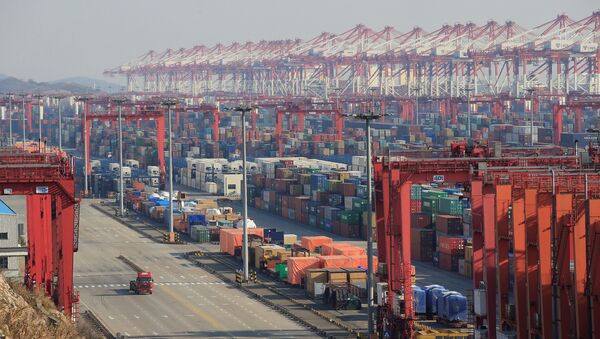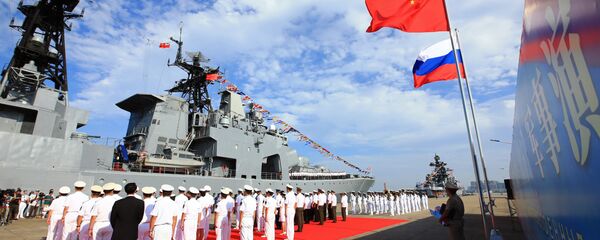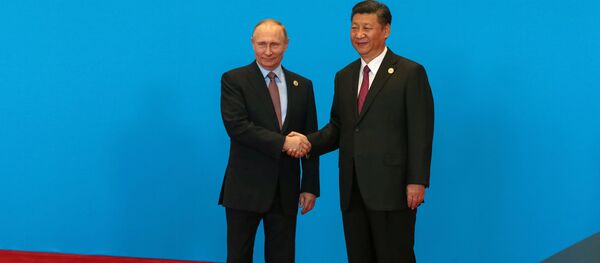"Of course, protectionism is not good for China-US relations, it's not good for the relations between the United States and the world," Li said. "I think the United States should forget about the protectionist measures. It should be more inclusive, it should have more cooperation with different countries, especially China because China is a developing nation, not a developed country."
US companies are very interested in investing into multiple areas of China's economy, including hi-tech and financial services, Li Bin added.
"They [US firms] very much would like to cooperate with China and most of the companies in China make money and they want to do more," Li said. "They are interested in many areas, hi-tech… They want to invest more in the area of energy and also manufacturing, financial services, insurance."
Li noted that the US businesses hope the system of approval in China will be more transparent and the government will be more efficient in reviewing and approving projects.
"I think that will take place in the future," he added.
"I heard that CNPC [China National Petroleum Corporation] has decided maybe they are going to import $20 billion of natural gas from the United States. So it's a very good start but we are also going to import beef from the United States," he noted.
According to the counselor, China wants to invest into various sectors of the Russian economy, including manufacturing, energy and hi-tech.
"I think maybe we can expand our cooperation in the area of tourism, and land cooperation," Li said. "I think maybe more Chinese businessmen can invest in Russia because they like to invest in Russia not only the energy and also the metals, but also in the area of manufacturing, of hi-tech, because Russia in this area is not as strong as China so maybe Russia can also learn from China."
"For example, Russia is very strong in resources, and China doesn't have a lot of resources, but it needs resources. So, it needs resources not only from Russia, but also from other countries," Li explained. "Also in other areas our two countries have very good cooperation among the BRICS. In many areas, you know, military, investment, microeconomic regulation."
Russia and China have been expanding trade and improving transport and postal service links as well as looking into ways of integrating various regional economic initiatives over the past year. In the first two months of 2017, bilateral trade grew 28.8 percent in year-to-year terms, amounting to $11.58 billion.






